Marijuana Usage Increase in Teens
The reasons are varied
February 13, 2023
Over the course of 20 years the use of cannabis may be more common, especially in teens. Various studies show that the use of marijuana has increased, while the rate of consumption of alcohol or any other substances has steadily decreased.
According to physician scientists at OSU, teen cannabis abuse has increased by 245% over 20 years. While it may not seem like such a concern, researchers find that the number of cases comes out to about 338,000.
Many teens either fight this struggle by themselves or with peers around them that could also influence this behavior. In some cases, the user pushes away anyone who thinks differently, causing them to rely on marijuana as a source of happiness that they might have had if they were with friends or family.
The top question that comes to most people is why. Why has there been such an increase?
The top five causes from the perspective of American Addiction Centers include the statements;
“I want to know what it’s like,”
“Everyone else is doing it so what’s the big deal,”
“I only smoke when I’m bored,”
“It helps me feel better,” and
“To get high or feel good.”
What can we do as a community to help those who need it?
While everyone is different and has their own reason, there are some things we can do to make life a little more manageable for them. Remember, while we cannot control others actions, we can take into consideration how we react.
According to HelpGuide.org, there is an abundance of ideas on ways to help. Here are some:
Understanding and recognizing the problem
Some tell tale signs of addiction include:
-Experiencing problems at work, school, or home
-New health issues
-Changes in their mood and or behavior
-Recurring financial problems
There are ways to talk to them about it that have proven effective.
Since this topic can be tough for many, here are some ways to start a conversation from the heart:
-Express your concerns honestly. Emphasize that you care for the person and are worried about their well-being. Offer specific examples of your loved one’s drug-related behavior that concern you—and be honest about your own feelings.
-Listen. Even when you don’t agree with the person, take the time to listen to what they have to say, without trying to argue or contradict them. The more your loved one feels heard, the more they’ll see you as supportive, someone they can confide in.
-Offer them information on resources they could use. Most useful information can be about how they can address their drug problem—whether that’s calling a helpline, talking to a doctor or counselor, entering a treatment program, or going to a group meeting such as SMART Recovery, or a 12-step program like Narcotics Anonymous (NA).
-Be prepared for denial. Your loved one may become defensive or angry and refuse to discuss their drug use. Many people feel a sense of shame when confronted by their behavior and will try to deny that they have a problem. Don’t argue with them, just revisit the issue another time.
-Avoid trying to lecture, threaten, bribe, or punish them. Getting angry or making emotional appeals will likely only add to the user’s feelings of guilt and reinforce their compulsion to use.
How does Marijuana affect the teenage brain/body?
There’s a myriad of symptoms found on Key Transitions Teen Treatment Program:
Weed affects teens’ cognitive abilities starting from memory loss and difficulty learning to low reaction time and lack of coordination. Besides these few symptoms, teens are also more likely to suffer from poor temperament.
Some of the physical symptoms that may appear include dry mouth, irregular heart rate, and respiratory and sinus infections (due to the inhalation of smoke.)
Behavioral symptoms from prolonged smoking can be (but not limited to) frequent mood swings and perhaps becoming violent when sober, may indulge in devious activities they wouldn’t have before (like theft to be able to attain their habit), and when teens become seriously addicted, they might avoid social interactions or even hang with the wrong crowd.
Psychological symptoms that can manifest include developing unrealistic fears, anxiety and depression, and in severe cases amnesia, identity crisis, and dissociation.
Other prolonged effects of the usage of marijuana found by researchers can be shown as:
Changes in brain function- Cannabis affects brain functioning, including the ability to remember, pay attention, and multitask.
Sterility issues- Increased cannabis use may result in a decreased sperm count in men and deferred ovulation in women. Cannabis addicted pregnant women are likely to give birth to babies with developmental problems.
Difficulty in the Immune system- Inhaling high quantities of marijuana makes it harder for the body to fight against infection.
Career issues- Although minor drug offenses nowadays are being looked at differently, adolescents charged under cannabis laws could have criminal records that may obstruct their higher studies or career options.
If you or a loved one struggle with addiction, please know there is always a way out.


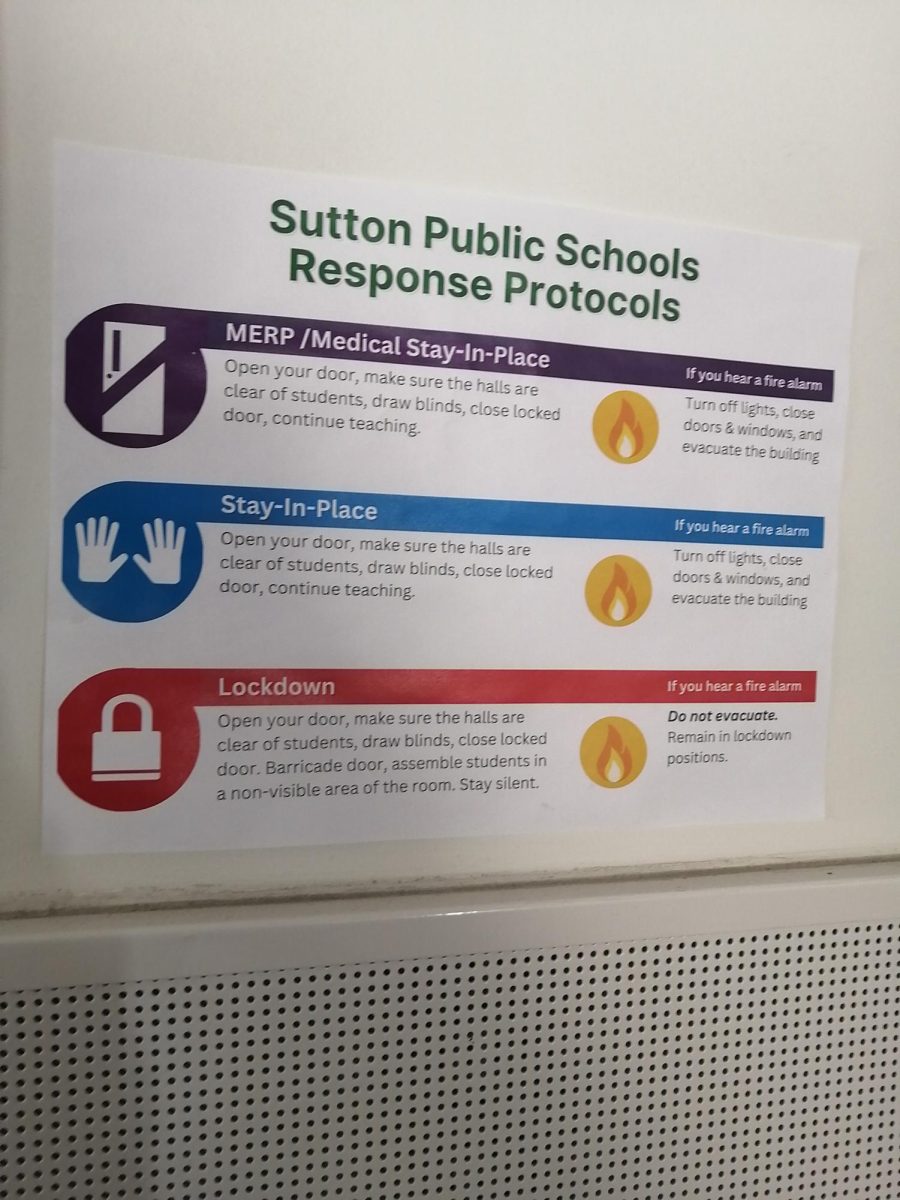
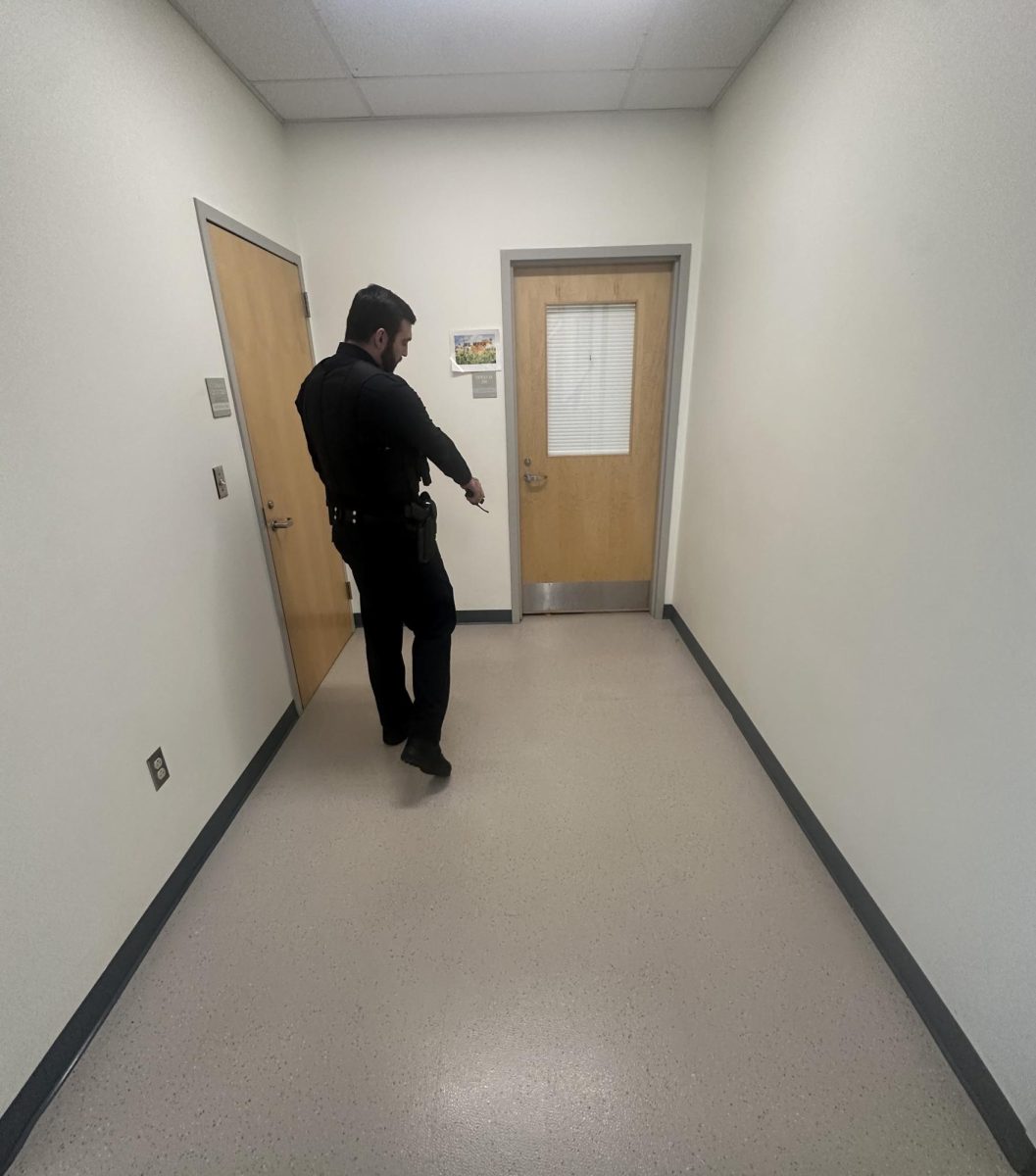





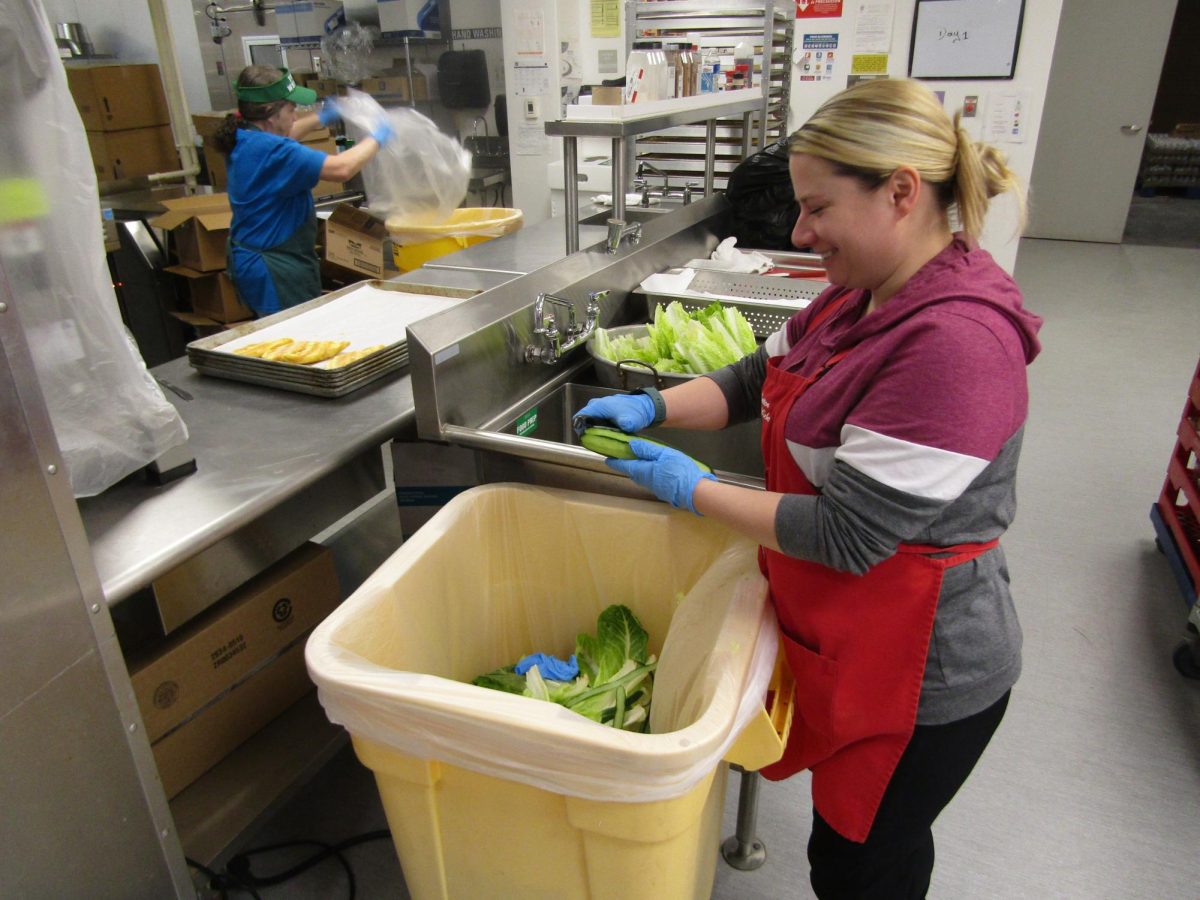





















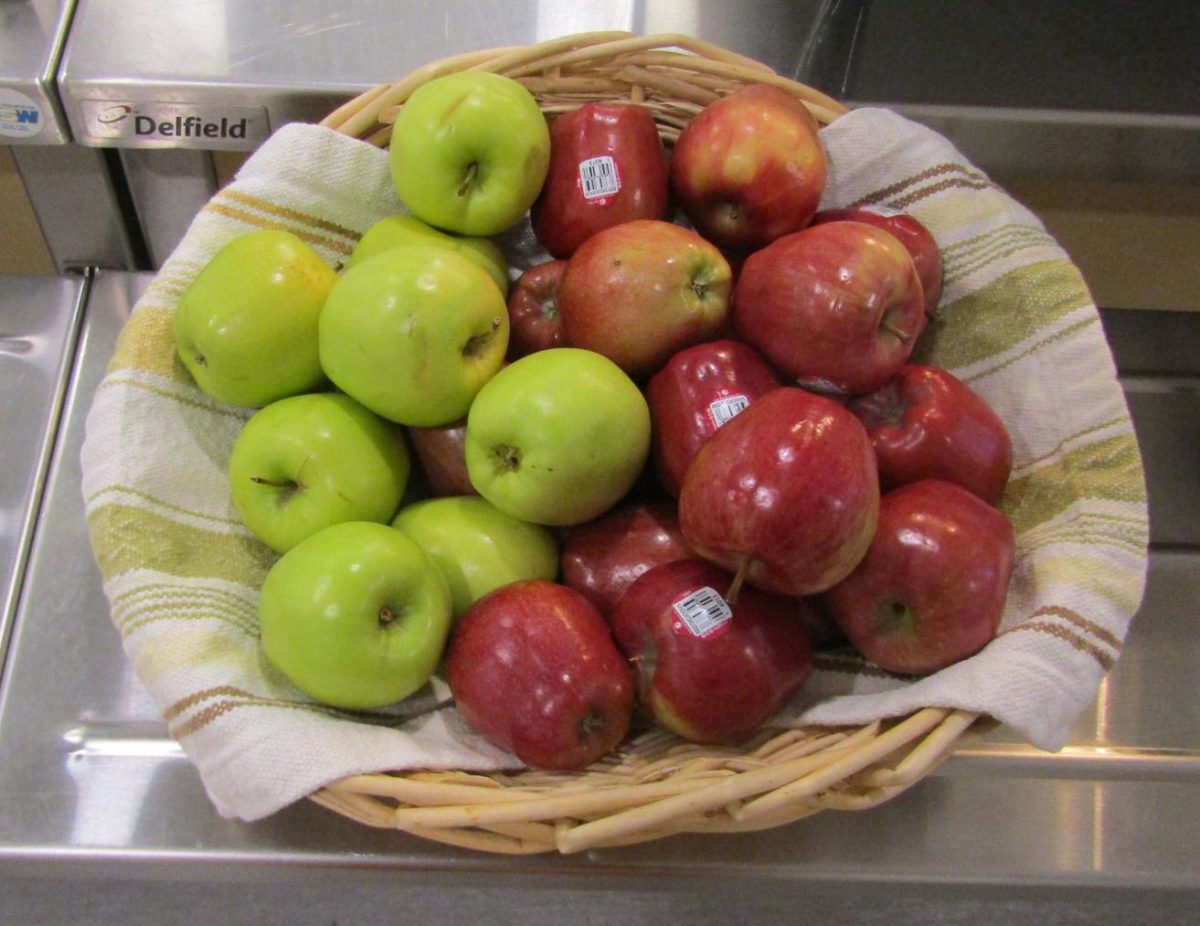
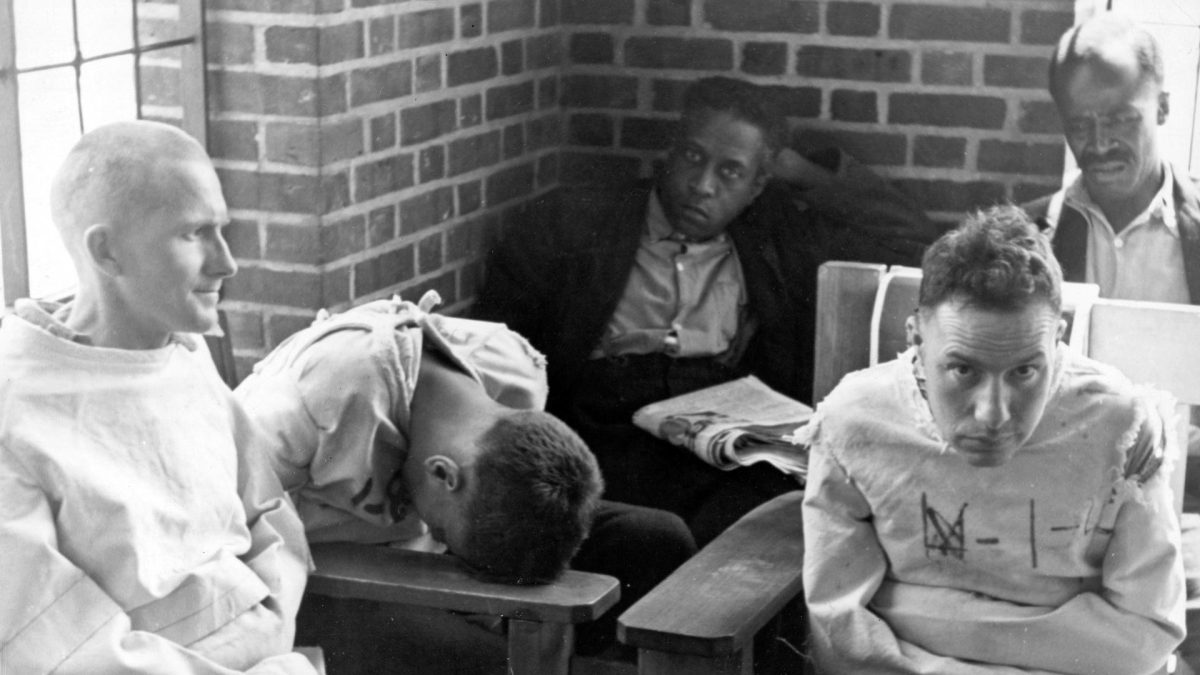


Deb • Feb 17, 2023 at 12:27 pm
Very informative article. Thank you for highlighting the issue and providing guidance on how to address it.
T Mullen • Feb 15, 2023 at 9:11 am
Great information here and well written! I’m glad people are addressing this growing issue.
Shayla • Feb 17, 2023 at 9:43 am
Thank you! As it is my goal to spread awareness
LJ Belle • Feb 13, 2023 at 8:35 pm
What a well written, informative article. I’ll be sharing this with parents of teens I know!